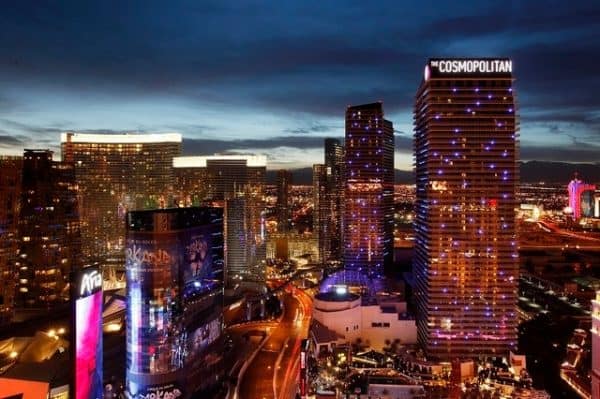Regulatory oversight is essential in maintaining an ethical and legal gambling industry. In Nevada, part of this oversight is conducted through current transaction reports, or CTRs, as per the 1970 Bank Secrecy Act. This law calls for reports to be filed to the US Treasury anytime there is a processed gambling transaction of over $10,000. Casinos that pull in more than $1 million annually are required to submit CTRs, leaving casinos that fall below that mark free to process transactions in any amount. The Nevada Gaming Commission is considering revising the law to include casinos that make less than $1 million annually in the CTR process on the grounds that it could prevent illegal money laundering.
Back in 1970, the BSA was passed as a preventative measure to stop money laundering activity. The under-$1 million-casino exception can be found in Article 22 of Nevada gaming laws. The reason for this being that the Nevada Gaming Commission didn’t see casinos of this stature posing a serious threat. This clause creates a loophole in that it allows smaller sportsbooks to be omitted from sending in CTRs. These small sportsbooks present viable channels for money launderers, with the sheer amount of satellite sportsbooks enough to wash dirty money through.
Catherine Catanzaro, Corporate Compliance Officer for Mesquite Gaming, brought the issue to the Nevada Gaming Commission’s attention in summer 2016 and is petitioning for all gambling venues to be required to submit CTRs. Catanzaro argues that the current circumstances support money laundering and other criminal activities. She also believes they hinder law enforcement from gambling laws and could jeopardize the integrity of the Nevada gaming industry.
Money laundering is already considered a significant problem within the industry, and while it is impossible to determine the exact mount being laundered annually, the US Treasury estimates that $140 billion is laundered through sportsbooks (not including small scale ones mentioned in this article). The Treasury Department’s Financial Crime Enforcement Network (FinCen) pinpoints unregulated and illegal out-of-state sportsbooks as the largest culprits. These venues attract organized crime and serve as hubs for money laundering activity, which is evidence enough to demonstrate the critical nature of ensuring you are only placing bets at legally sanctioned sportsbooks that are licensed and regulated. FinCen handles large sportsbooks, meaning the small satellite ones are out of their reach.
William Hill USA is a company comprised of over 100 Nevada-based sportsbooks. A small portion of the company’s sportsbooks are located on the Vegas Strip, though most of their assets are satellite operations. If the Nevada Gaming Commission decides to amend the law, then William Hill USA will be directly affected. Most of the William Hill USA outfits are staffed by a single cashier, some of them automated kiosks. This means that the company would have to shell out additional money to install anti-money laundering technology in each of their single-staffed and automatic kiosks. The regulatory benefits are evident, but the overhead costs could prove too much for the company to afford. On the other hand, Catanzaro argues that the fact that these kiosks are either automated or single-staffed is cause for concern. She does not believe there is enough oversight present under these conditions.
In any case, whatever the Nevada Gaming Commission decides, it is important to note that any new provisions strictly adhere to state-regulated gambling. The new law will not affect legally licensed offshore gambling sites that accept NV players. The law will not change how bets are placed, but only take steps to strengthen security protocol against illegal activity.

